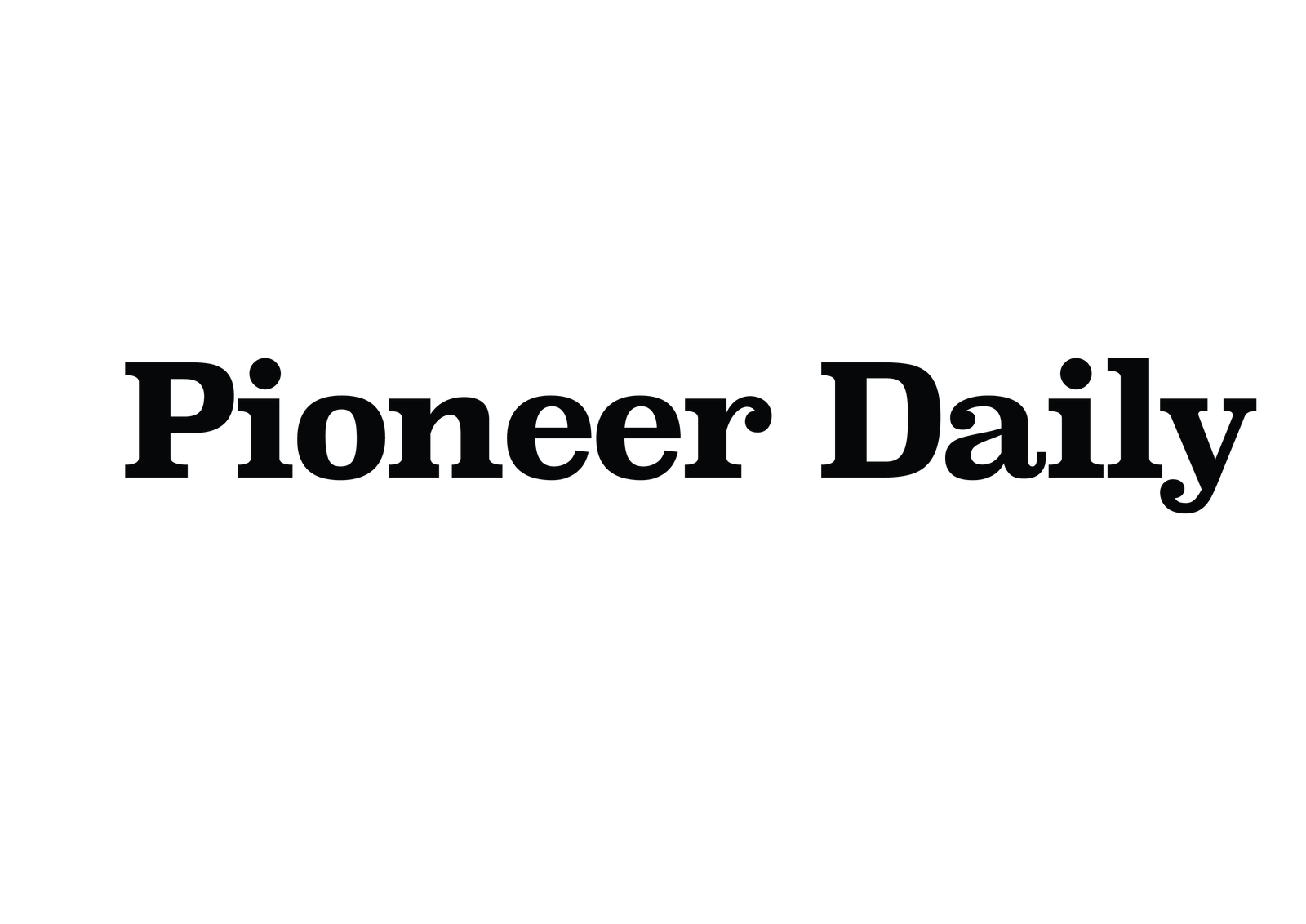Universities, colleges, and academic institutes play a big role in changing people, groups, and countries. They let students learn more about their favorite subjects, gain special skills, and get ready for their careers.
After high school, students get to explore new ideas deeply. They follow their passions and dive into specific topics. This helps them get the knowledge they need for their future jobs. It also helps improve their career areas.
Key Takeaways
- Higher education institutions offer opportunities for students to acquire specialized knowledge and develop critical skills.
- The tertiary education experience allows students to explore their passions and interests in depth, beyond the foundational principles taught at the school level.
- Pursuing higher education enables individuals to gain the expertise and knowledge that serve as the foundation for their future careers and contribute to advancements in their chosen fields.
- Academic institutes, such as universities and colleges, play a transformative role in shaping individuals, societies, and economies.
- The centers of learning and scholarly institutions provide a platform for personal and professional growth, empowering students for success.
Exploring the Transformative Role of Higher Education
One big benefit of going to college is learning in-depth about a subject you love. With tough classes, students get to really understand their field of choice. This process helps them gain the skills and knowledge they need to do well in their jobs.
Specialized Knowledge and Expertise
Colleges let students learn a lot about a single subject. This goes way beyond what they learned in high school. As students study more, they become experts in their fields. This expert knowledge helps them solve complex problems and bring new ideas.
Deep Dive into Disciplines
College is a time to really get into your favorite subject. Students learn a lot through tough classes, research, and real-world projects. This intense learning helps them think critically. It prepares them for their future careers.
Nurturing Critical Thinking and Problem-Solving Skills
Higher education shines when it comes to training minds to think critically and solve problems. Students dive into complex issues, weigh evidence, and build logical arguments. This method helps them develop the skills needed to analyze, make good choices, and suggest new ideas. These abilities are critical at work, where grads use them to handle problems and add value to their careers.
Rigorous Academic Programs
High education’s focus on critical thinking starts with its intense academic programs. These programs urge students to become experts in their fields, learn deep knowledge, and foster analytical thinking. They face tough classes, research work, and team projects that push them to question complex problems, collect and assess data, and reach logical conclusions.
Cultivating Analytical Mindsets
At college, learning goes beyond the classroom, offering ways to sharpen analytical skills and develop an analytical mindset. Engaging in non-classroom activities, clubs, and leadership positions, students learn to think analytically, solve problems, and make decisions in real life. This round education helps graduates have the critical thinking and problem-solving tools wanted by employers and vital for success in their careers.
Personal Growth and Holistic Development
College is more than just learning; it’s about growing as a person too. It lets students figure things out about themselves and stand on their own. They get to dive into what they love, question what they know, and be themselves in new ways.
Self-Discovery and Independence
Being in college is learning how to do life on your terms. You learn to organize your time and work with all kinds of people. This helps you become tougher and better at dealing with all sorts of challenges. Over time, you’re ready not just for work, but for life’s many twists and turns.
Fostering Resilience and Adaptability
College is a place where you build skills that help you in every part of life. You learn to be strong and quick to adjust when things change. These skills are super useful as the world keeps shifting around us, and jobs look different every day.
Enhancing Employability and Career Prospects
A higher education degree can make a big difference in your job search. It shows employers you have what it takes: deep knowledge, sharp thinking skills, and a hardworking spirit. This opens the door to many great job opportunities in your field. Plus, having a degree can lead to better pay and chances to move up in your career.
In a recent study, it was found that those with a college degree make about $32,000 more a year than high school grads. And guess what? If you have that degree, your chance of being without a job is lower than average. This makes a college degree very important in today’s job market.
| Degree Level | Average Annual Earnings | Unemployment Rate |
|---|---|---|
| Bachelor’s Degree | $67,000 | 2.5% |
| High School Diploma | $35,000 | 4.2% |
This table clearly shows the advantages of getting a degree for your future. It means better chances of getting top jobs, earning more, and moving up in your career. So, going to college or getting a higher education can really pay off.
Fostering Research, Innovation, and Societal Progress
Colleges and universities are core places for research and innovation. Here, amazing discoveries and progress happen. Both students and teachers work on projects that bring new knowledge, better technology, and great scientific findings. The research done here helps society and the economy grow by solving big problems communities face.
Groundbreaking Discoveries
Places of higher learning lead the way in areas like medical research and new technology. Students and researchers get to explore big ideas in a setting tailored to learning. This allows them to face hard problems and find new, positive changes. All this work aims to make the world better and influence what comes next.
Driving Economic Growth
The work of universities and colleges directly impacts economic growth. Tech advancements and new services are born here. They also prepare students who become skilled workers. All these efforts help communities and countries economically. By encouraging innovation and new findings, these institutions shape a better future for their graduates and for everyone.
Higher Education Institutions and the Evolving Landscape
In the 21st century, higher education is changing fast. This change is happening because of new technology, changes in the job market, and the idea of learning throughout life. Now, thanks to online education platforms and massive open online courses (MOOCs), learning is open to anyone. This includes people from all walks of life, making it easier for them to learn on their own time.
Online Education and MOOCs
Online education and MOOCs have changed how we reach out for higher education. They offer ways to learn that are easy to get to and don’t cost a lot. This has removed many obstacles like where you live and how much you make, which used to keep people from learning. Now, anyone can work towards their education and career goals from home. This kind of learning lets people gain new skills and knowledge at a speed that’s perfect for them.
Developing Digital Literacy
The world going digital means students and teachers have to learn how to use technology. Schools and colleges are adding tech to the programs so that when students graduate, they’re ready for the digital work world. This means they know how to use software, analyze data, and talk online with others. Learning these skills helps students fit into their jobs better as technology keeps changing.
As education changes, schools are thinking of new ways for people to learn that fit their schedules. This is important because many students also have jobs or families to take care of. So, schools are offering ways to learn that are more flexible. This makes it easier for people to join in and learn, no matter what else they have going on.

Embracing Lifelong Learning and Continuous Growth
Today, the job world is always changing. This makes lifelong learning and continuous growth very important. Schools and colleges are working hard to help people succeed in jobs that are always shifting.
Adapting to Changing Job Market Dynamics
New technologies are advancing quickly. Jobs are changing, and the way we learn needs to keep up. Schools need to teach the skills that are needed now. They must prepare students to adapt to new challenges. This is key for a successful career.
Fostering a Holistic Approach
Education is about more than just knowing facts. It should help students think critically, solve problems, and work well with others. Such a broad approach prepares students for our fast-changing world. This way, students become lifelong learners. They keep growing and changing with the times.
Conclusion
Higher education helps people become lifelong learners and critical thinkers. It makes people ready to make changes in society. It also lets people grow personally and gain knowledge in their fields. Higher education is important for success at work.
Higher education helps with research and can influence culture. It is also key for the advancement of society. As our world changes, higher education needs to adjust too. It must embrace new technologies and new ways of learning.
It should keep being a force for personal, social, and economic betterment. Higher education prepares students to shine in their careers and face the challenges of the future with confidence. It paves the way for a better, more innovative tomorrow.
Higher education transforms students into well-rounded experts. They not only know their subjects well but also have the skills needed to solve problems. These include critical thinking and the ability to adjust to change. It’s important for facing the future. Higher education should keep up with society’s needs. This way, it will continue to be a source of learning, growth, and progress for many years.


